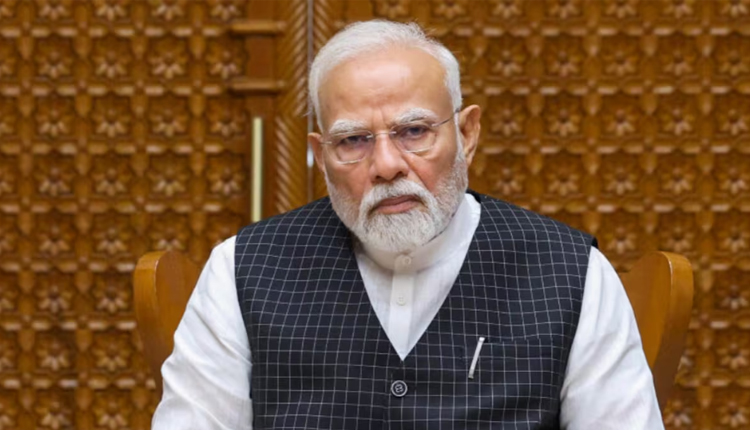New Delhi: India will never agree to third-party mediation to persuade Pakistan to end its illegal occupation of parts of Jammu and Kashmir, Prime Minister Narendra Modi informed U.S. President Donald Trump during a telephone conversation on Tuesday.
That 35-minute engagement is the second between the two leaders and the second announced by Foreign Secretary Vikram Misri after Trump offered to mediate the decades-old tied issue of Kashmir between New Delhi and Islamabad. Modi repeated the Indian position of saying that the matter is purely bilateral and stems from the Simla Agreement of 1972, which requires direct talks. The appeal was issued at a time of high temperatures since India and Pakistan had just ceased disputes across the border following mediation-induced truce talks by the United States.
India views Jammu and Kashmir as its territory, while Pakistan has occupied some regions since 1947. Modi stressed that the delivery to date is the only pending matter; that is the restoration of Pakistan-occupied Kashmir (PoK). Government sources stated that they do not want any mediator to intervene, in line with Modi’s stance.
On Truth Social, Trump also put forward a mediation proposal that faced back buttons in India. Spokesman Jairam Ramesh of Congress questioned whether India has permitted third-party interference, while former legislator Swapan Dasgupta stated that many people are unhappy with Trump’s declaration of the ceasefire. Pakistan, however, has welcomed Trump’s proposal, with Prime Minister Shehbaz Sharif emphasising the importance of resolving the issue in accordance with UN Security Council resolutions.
Authors point to the fact that India is historically apprehensive of external mediation after the failure to define an agreement between the two countries in the 1950-1960s. The Indian position is an indication of its sovereign claim, as stated by Mohmad Waseem Malla, who is a researcher at the International Centre for Peace Studies.
As the diplomatic option has been tense, the forceful rejection of India is a clear indication that bilateral dialogue, in case it occurs, will only concern the issues of PoK and terrorism, and there is little that the rest of the world can do.



Comments are closed.